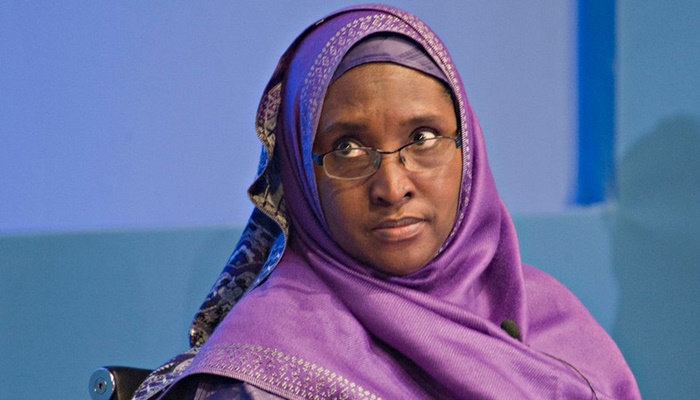
Indication has emerged that 25 national assets have been lined up for outright sale or privatisation, with the federal government hoping to raise about N200billion from the transactions to help in funding its 2019 budget, Leadership Newspaper reported on Wednesday.
The papers findings revealed that the work plan for the privatisation of the assets and transactions had been concluded and ready for formal approval by the National Council of Privatisation (NCP).
“We have about 25 assets and transactions in the work plan,” a top source at the heart of the transaction process, who does not want to be mentioned in print because of the sensitive nature of the matter, revealed to our reporter in an exclusive interaction.
“The value is about N200 billion. Some of the assets are in the power sector and facility sector,” the source said. The paper said its investigation could not immediately identify the specific assets and transaction for privatization but some experts said some assets in the Nigerian National Integrated Power Project (NIPP) could be part of the proposed assets for privatisation.
It was, however, gathered that the NCP had not approved the work plan yet, a reason that makes it impossible to pre-empt the actual outcome of the Council’s approval. But according to the source, the presumption is that the Council of Privatisation may tamper with the list of assets lined up for privatisation.
The Council is expected to meet by February to deliberate on the issues and approve the work plan that will be presented by the relevant government agencies, including the Bureau of Public Enterprises (BPE). By then, the government will make public the specific assets it is either privatising or selling.
The paper recalls that the minister of finance, Mrs. Zainab Ahmed, had said about two weeks ago that the 2019 budget would be funded significantly from the sale of public assets and recoveries from looted funds.
“What we have as deficit is a total expenditure more than our projected revenue in the budget. The difference that the revenue cannot finance is the deficit and that can only be financed either by selling some assets, recoveries such as what anti-graft agencies are doing or by borrowing locally or internationally,” she reportedly said at a media function in Lagos.
Some experts had urged the federal government to privatise some of the assets to allow for efficiency and job creation. The experts said the wellbeing of the Nigerian economy was hinged on privatisation of some moribund assets, and that the federal government must offload equity ownership in some sectors to attract long-term foreign direct investment.
Some other stakeholders, including the presidential candidate of the Peoples Democratic Party (PDP), Atiku Abubakar, have criticised the decision of the federal government to sell some of its national assets to fund the 2019 budget.
Although he does not oppose privatisation, Atiku, however, said it should be long-termed.
“Rather than sell public assets, what the government needs is to devise alternative means of revenue rather than its almost complete reliance on the proceeds of oil, and cutting of recurrent expenditure.
“Privatisation works because it is a long-term strategy to engender efficiency in the economic system and expand the frontiers of private sector activity. Its primary goal is not to raise money for short-term stabilisation of what is clearly a fragile fiscal system. The government’s planned sale of assets will cause long-term pains and only provide short-term gains,” he said.






